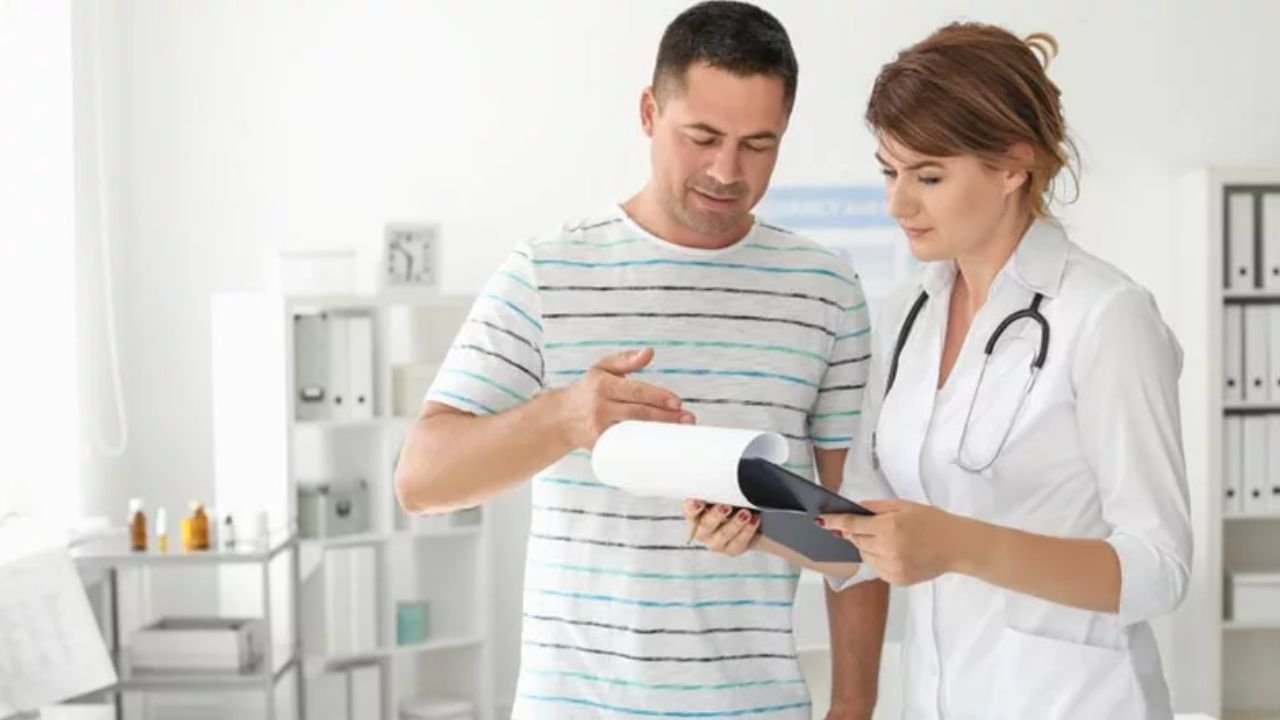For individuals in Arizona struggling with alcohol use disorder, one of the first and most important steps toward recovery is detox. But many are unsure whether this critical service is covered by their health insurance—especially those enrolled in AHCCCS, Arizona’s Medicaid program.
The good news is that alcohol detox is often covered by AHCCCS, but the specific coverage details depend on individual eligibility, provider networks, and the type of detox program.
In this article, Wild Labs breaks down how AHCCCS works when it comes to alcohol detox, what types of services are typically included, and how to find the best AHCCCS detox centers that offer programs to get sober in Maricopa County. Whether you’re seeking help for yourself or a loved one, understanding your options can be the first empowering step toward recovery.
What Is AHCCCS and How Does It Support Alcohol Detox?
AHCCCS (Arizona Health Care Cost Containment System) is Arizona’s Medicaid program, providing health insurance for qualifying low-income residents. AHCCCS covers a wide range of behavioral health services, including substance use treatment and detox services for alcohol dependence.
In general, if you are enrolled in AHCCCS with a clinical need for alcohol detox and are looking to find a top AHCCCS detox facility, this service can be covered. That includes both medically supervised detoxification and supportive services in inpatient or outpatient settings. The key is accessing care through a provider that is contracted with AHCCCS and has the appropriate licensing to deliver these services.
Levels of Alcohol Detox Covered by AHCCCS
Alcohol detoxification can take place in different levels of care depending on the severity of the alcohol use and co-occurring health issues. AHCCCS may cover:
Medically Managed Inpatient Detox
This is the highest level of detox care, typically offered in hospitals or residential facilities with 24/7 medical staff. It’s used for people who are at risk of severe withdrawal symptoms like seizures or delirium tremens (DTs).
Medically Monitored Residential Detox
These programs offer round-the-clock support in a non-hospital setting. Clinical oversight is provided, and medications may be used to ease withdrawal symptoms. AHCCCS often covers this level of care when medically appropriate.
Outpatient Detox
For individuals with mild to moderate alcohol use disorder, outpatient detox allows patients to live at home while attending scheduled treatment and receiving medical supervision. This can include medication-assisted treatment (MAT), behavioral therapy, and regular check-ins with clinicians. Some AHCCCS plans support this option based on need and provider availability.
The exact services covered can vary depending on the AHCCCS plan and managed care organization (MCO) you are assigned to.
How to Access a Top AHCCCS Detox Facility
Not all facilities are able to accept AHCCCS, and not all AHCCCS-approved providers offer detox services. To ensure you are accessing a top AHCCCS detox facility, look for centers that meet the following criteria:
- AHCCCS-contracted provider status
- State licensure for detox and substance use treatment
- Experienced medical and behavioral health staff
- Integrated care for co-occurring mental health disorders
- Proven track record with alcohol detox outcomes
If you’re in Maricopa County, this is especially important. A facility that offers programs to get sober in Maricopa County should also be familiar with the regional networks and referral systems under AHCCCS. That can make the intake process smoother and increase your chances of staying in-network and avoiding unexpected costs.
Programs That Help You Get Sober in Maricopa County
Once detox is complete, the journey to recovery is just beginning. The most effective treatment centers provide a full continuum of care that extends beyond the initial withdrawal period. In Maricopa County, many AHCCCS facilities offer additional levels of support, such as:
Residential Treatment
Inpatient rehab programs provide structured environments where individuals can focus on recovery. These programs typically last from 30 to 90 days and include therapy, peer support, and life-skills training.
Intensive Outpatient Programs (IOP)
IOPs are more flexible than inpatient treatment but still provide a high level of care, including multiple therapy sessions per week. AHCCCS often covers IOPs as part of ongoing addiction treatment.
Medication-Assisted Treatment (MAT)
Medications like naltrexone can be used to reduce alcohol cravings and prevent relapse. MAT is frequently covered under AHCCCS and can be integrated with therapy for a comprehensive approach.
Peer Support and Case Management
AHCCCS plans may include access to peer support specialists and case managers who help individuals navigate their recovery, coordinate services, and stay engaged in treatment.
When a top AHCCCS detox facility also offers programs to get sober in Maricopa County, individuals are more likely to experience continuity of care, which is critical for long-term success in recovery.
What Should You Expect During AHCCCS-Covered Detox?
The detox process typically begins with a full assessment by a qualified provider. This evaluation helps determine the appropriate level of care and whether any co-occurring physical or mental health conditions need to be addressed. If approved, you may begin detox within 24–48 hours depending on availability.
During detox, you may receive:
- 24-hour medical monitoring
- Symptom management with FDA-approved medications
- Emotional support from behavioral health staff
- Nutritional support and hydration
- Preparation for ongoing treatment post-detox
You do not need to be in crisis to begin this process. In fact, seeking care early can prevent medical complications and support a smoother path forward.
Common Questions About Alcohol Detox and AHCCCS
Does AHCCCS cover alcohol detox for everyone?
Not everyone qualifies for AHCCCS. Eligibility is based on income, family size, citizenship or immigration status, and other factors. However, if you are enrolled in AHCCCS and your provider deems detox medically necessary, you are likely to receive coverage.
Can I choose where I go for detox?
Yes, but you must choose a facility that accepts your AHCCCS plan. If you’re assigned to a regional behavioral health authority (RBHA), they can provide a list of approved facilities near you.
Do I need a referral for alcohol detox under AHCCCS?
Often, yes. Your primary care provider or behavioral health specialist may need to assess your needs and submit an authorization request. However, in emergencies, some detox admissions may proceed without a referral.
Will I have to pay out of pocket?
Most AHCCCS-covered detox services have little to no out-of-pocket costs, especially if you remain in-network. Still, it’s wise to confirm coverage before starting treatment.
What if I’m homeless or uninsured?
Arizona offers programs for individuals without stable housing or income. You may qualify for expedited AHCCCS enrollment through a crisis provider. Many top AHCCCS detox facilities in Maricopa County are equipped to help individuals in vulnerable circumstances.
Why Detox Alone Isn’t Enough and What Comes Next
Detox clears alcohol from your system, but it doesn’t address the root causes of addiction. That’s why follow-up care is essential. After completing detox, individuals should transition into structured treatment that includes therapy, relapse prevention planning, and support groups. Facilities that provide a full continuum of care increase the chances of long-term sobriety.
In Maricopa County, there is a growing network of facilities that not only help with detox, but also offer programs to get sober that are compassionate, evidence-based, and tailored to individual needs.
Get Support for Sobriety in Arizona Today Using AHCCCS
Alcohol detox can be a difficult but life-saving step—and AHCCCS can be a powerful ally in making that care accessible. By connecting with a top AHCCCS detox facility that offers programs to get sober in Maricopa County, individuals can begin their recovery with the support and medical oversight they need.
The process may seem overwhelming at first, but help is available. If you or someone you love is struggling with alcohol use, reaching out to an AHCCCS-approved provider is a practical and courageous place to start.



